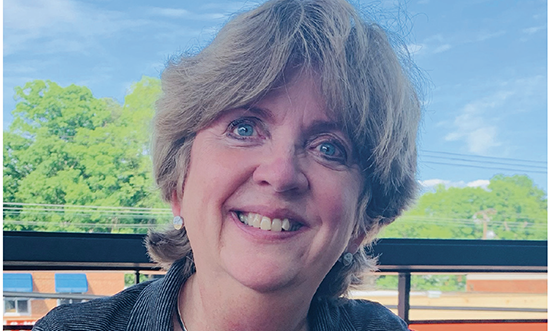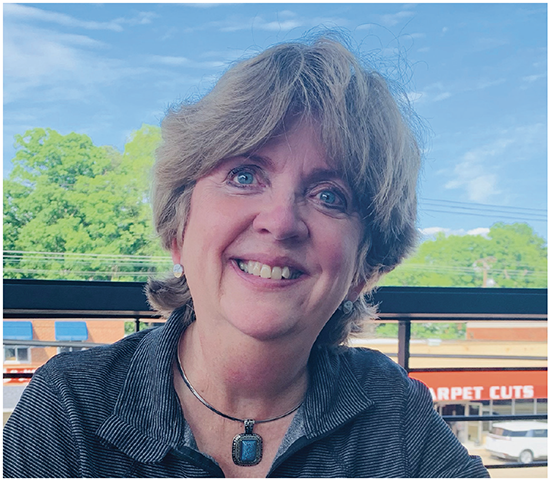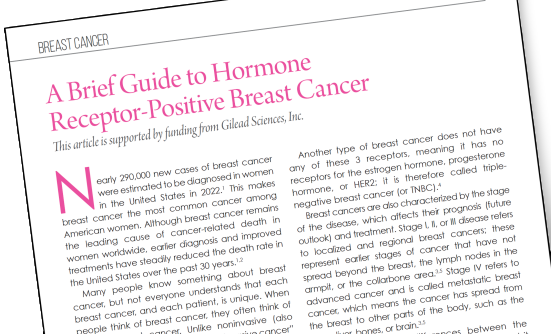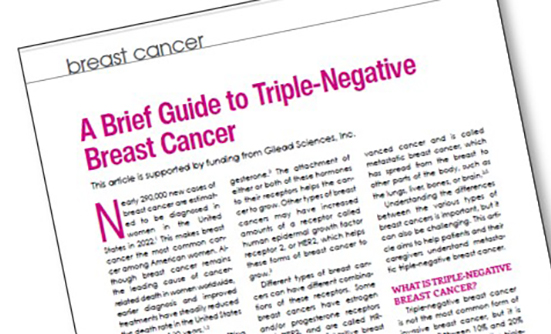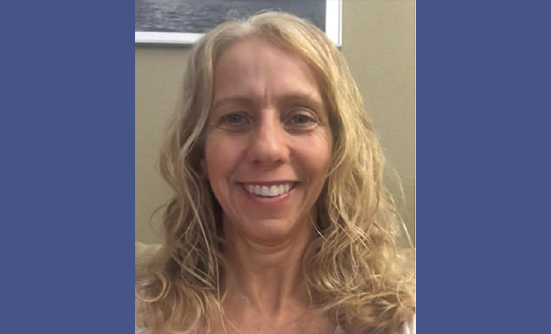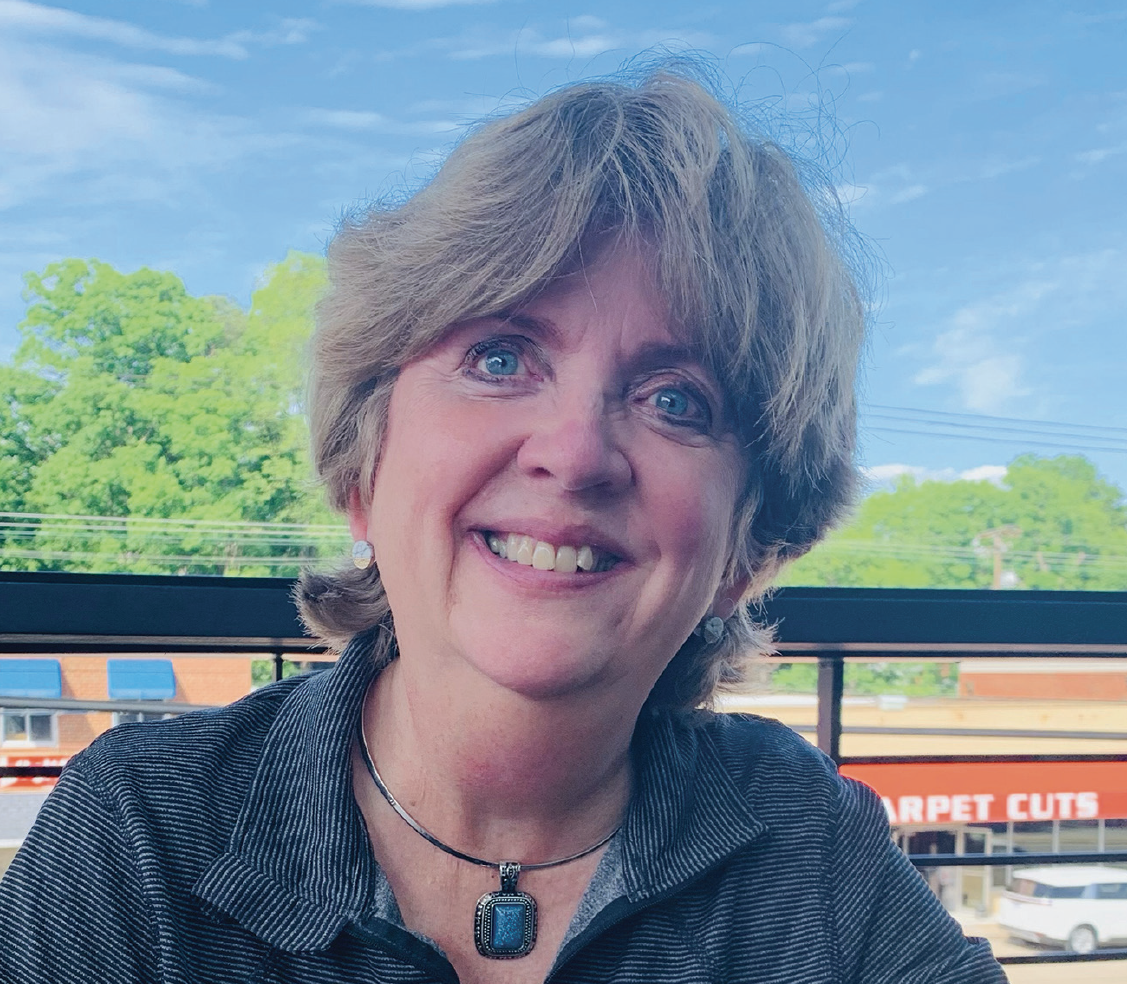
When faced with a serious illness such as cancer, communication between the patient, multiple medical providers and disciplines, family, friends, and coworkers is vital to navigating the patient’s journey successfully. Having had several long and arduous healthcare journeys myself and with my relatives, I learned that communicating effectively is crucial to advancing our understanding between the patient, family, colleagues, and the care team.
Although communication may seem basic, it is one of the most difficult things to accomplish. We use communication in all areas of our lives, but much of the medical literature involves topics on how to improve the communications between the doctor and the patient.
Patients’ communication with their care team, as well as their family, friends, and coworkers plays a vital role in their treatment and recovery.
Communicating with Your Care Team
A cancer diagnosis leaves us shocked, scared, and often challenged to discuss our fears with others. If you can share your thoughts, feelings, and concerns with your doctor, it will help in developing your best treatment plan.
If your care team can acknowledge and understand your personal concerns, they will be able to recommend more efficiently the best support groups and/or community resources that will help to calm your emotional rollercoaster ride that comes with a cancer diagnosis.
Finding a trusted oncologist is the most important step you can take when beginning your cancer journey. Although an oncologist may be the best in the field, he or she may not have strong communication skills or an acceptable bedside manner.
Often, the nurse in the practice may be your best choice for emotional support and your effective way to communicate your concerns to your doctor. If the communication never gets comfortable and the dialogue is always one-way, consider looking for a second opinion or a new oncologist.
During this time, it is critical to provide your care team with the most accurate and up-to-date information. Let them know when the symptoms started, any treatment you might have already had, and your current and past medications.
A questionable diagnosis brings a gauntlet of tests and a whirlwind of providers, but ultimately this will get you toward the goal of finding the correct diagnosis and best treatment. Asking questions about each of the procedures your doctor may recommend will help to alleviate some of your concerns.
Your oncologist or care team should address any of your questions during your cancer journey. Although it may feel daunting, always take notes or have your caregiver take notes, jot down questions, and include dates and times with these notes. If possible, use a notepad, a cell phone, iPad, or any other appropriate electronic device to take your notes. This essential action provides a crucial foundation for you to refer to later, to facilitate future communications with your care team, your family, and friends.
Communicating with Your Support Network
Identify your support. Our brain can be confused when we receive a cancer diagnosis. It may be difficult to focus during and after receiving a diagnosis, or rest and accomplish daily activities later.
It is important to identify where and with whom you can share your feelings or concerns, including a spouse, family member, friend, or neighbor. Rely on them, and let them provide support for you. It takes a village to face a cancer diagnosis.
How to communicate. Scheduling time with loved ones for regular communications, whether via a FaceTime call or family meeting, answers questions and concerns and provides a necessary outlet for collaborative discussions. This critical step assists immensely with reducing anxiety and encouraging regular family communication.
Help you may not know you need. Friends and coworkers can offer a lifeline during difficult healthcare situations; whether it is through a listening ear, picking up the children from the bus, or driving you to appointments, these wonderful people can provide much needed support.
If you cannot determine what your needs are at the moment, let your support team know that you are still processing what is going on in your life. Ask them to give you a moment to consider how they could help you, and then communicate with them to let them know your thoughts and needs.
Internal Communication for Self-Care
Negative thoughts. There is so much to think about when a patient receives a life-changing diagnosis. Ranging from paralyzing fear to negative thoughts about the self and others, the patient may envision a totally hopeless situation.
Many of us may search the Internet or other avenues to seek immediate emotional relief. However, this is the precise moment that we need to remind ourselves to resist a social media diagnosis and not to treat ourselves.
Leaving the prognosis and treatment plan up to the medical professionals, who are trained to recognize and treat our particular diagnosis, is imperative. You could use the Internet to locate medical professionals, but not to determine the course of your treatment.
Encouragement. Internal communication is one of the most difficult things to do when facing a cancer diagnosis. Finding quotes or mantras that encourage you, articles or books that speak to your spirit and uplift you, are some of the things that may help to calm your feelings and thoughts.
When you conduct that internal self-talk, remind yourself to celebrate any success along the way as a way of encouragement to yourself. Whether it is keeping food settled in your stomach, accomplishing a short walk, taking care of your child, or doing one of your normal household tasks, you need to hear and have these messages of accomplishment reinforced in your head and in your heart.
Making Connections
Sharing information. Communicating with your support network, including your family, neighbors, coworkers, will provide support during this challenging time. Enabling your network to share information when appropriate will save you valuable time and help to eliminate some of the day-to-day tasks on you and on your family.
Social media apps can also help as a communication tool between family, friends, and coworkers who need information about how the patient is progressing and any potential needs.
Consistency. Consistent and effective communication between patients and their support network can be one of the most helpful tools for anyone diagnosed with cancer.
A compassionate network of providers, family, and friends makes an extremely difficult situation bearable, creates strong and resilient relationships, and provides a badly needed light through the darkness of a serious medical challenge.
Patient Resources
Agency for Healthcare Research and Quality
www.ahrq.gov/hai/cusp/videos/11c-effectivecomm/index.html
National Cancer Institute
www.cancer.gov/about-cancer/coping/adjusting-to-cancer/communication-pdq





